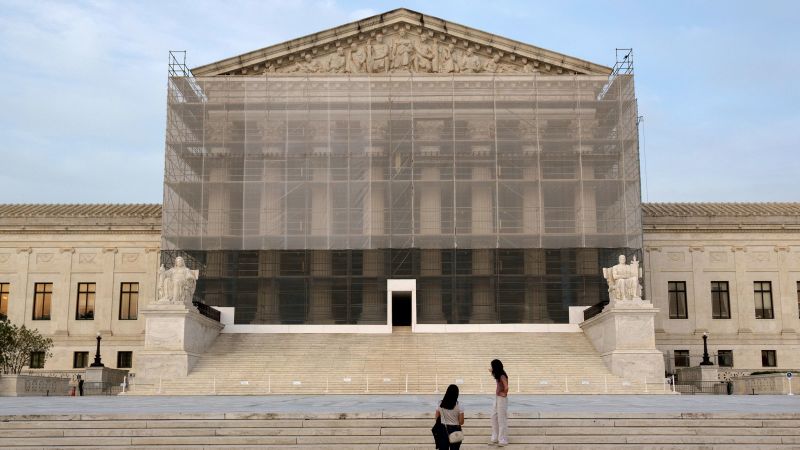Supreme Court Allows Third-Country Deportations to Continue

Administration can deport migrants to countries other than their homeland
The Supreme Court has granted President Trump's emergency request to continue deporting migrants to countries other than their homeland while legal challenges proceed through lower courts. The decision temporarily pauses a lower court ruling that had required the Department of Homeland Security to provide written notice to migrants about their destination country and an opportunity to challenge deportation on grounds of torture concerns. The Court's three liberal justices dissented from the majority decision.
The case centers on the Convention Against Torture, which generally prohibits deportation to countries where migrants might face torture. At issue is what process rights migrants should receive when being sent to third countries where they have no ties. The administration has argued that when it receives assurances from foreign governments that migrants will not be tortured, officials should not be required to notify migrants about their destination or provide opportunity for torture-related claims.
KEY POINTS
- •Court allows third-country deportations
- •Liberal justices dissented from ruling
- •Case involves torture protection laws
Immigrant advocacy groups have expressed concern about the ruling's implications, particularly regarding a group of migrants who were reportedly being held at a military base in Djibouti while en route to South Sudan. These countries have been described by humanitarian organizations as facing significant challenges including food insecurity, political instability, and ongoing violence. The administration has characterized the affected migrants as having significant criminal records, though advocacy groups dispute this characterization.
The Supreme Court's order does not resolve the underlying legal questions but allows the policy to continue while litigation proceeds. The decision follows several other recent Supreme Court rulings favorable to the administration's immigration policies, including decisions allowing the government to end temporary protected status for Venezuelan nationals and to unwind humanitarian parole for certain nationalities. Department of Homeland Security officials publicly expressed approval of the Court's decision shortly after it was announced.
The ruling represents a significant shift in deportation practices, potentially allowing officials to overcome previous obstacles in cases where migrants' home countries refused to accept them. Judge Brian Murphy, who issued the original injunction, had ordered the government to give migrants 10 days to raise torture-related claims and 15 additional days to contest denials of such claims. The administration had characterized this timeline as interfering with sensitive diplomatic and national security efforts.